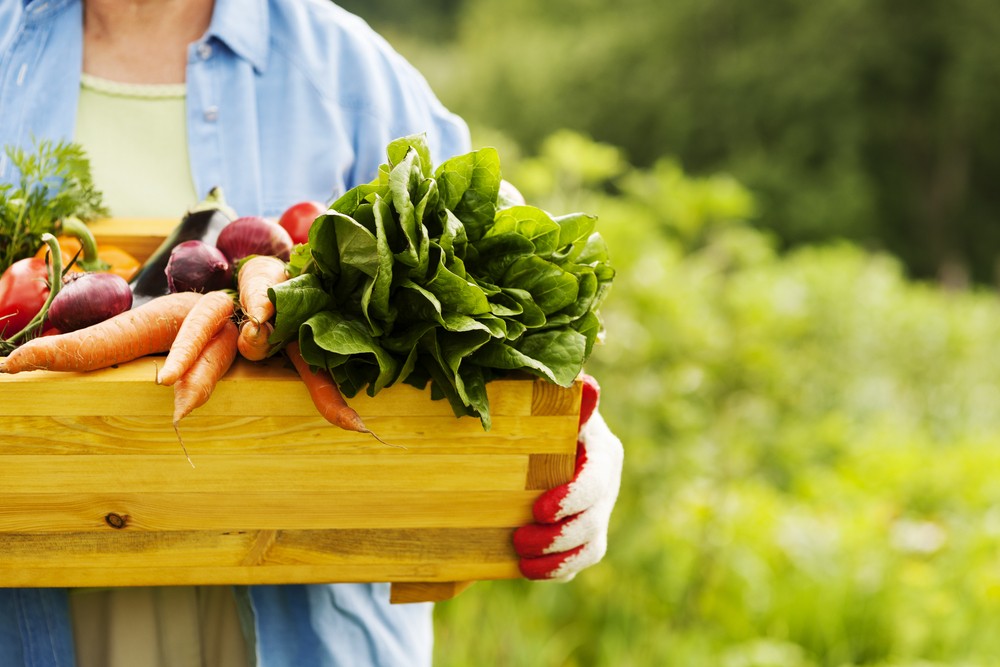Popular Reads
Top Results
Can't find what you're looking for?
View all search resultsPopular Reads
Top Results
Can't find what you're looking for?
View all search resultsWhy you shouldn't worry too much about pesticides on your produce
Change text size
Gift Premium Articles
to Anyone
A
s people are becoming more cautious of what they eat, there is a growing outcry for halting the use of pesticides because of their potentially hazardous effects on the consumer.
But as there are no laws that explicitly outlaw the use of pesticides, here are some facts that can help ease your worries about being exposed to these chemicals, courtesy of Popular Science:
Use baking soda
In the supermarket, people may reach for the not-so-effective vegetable washes. But there is another, more effective substance to clear pesticides off vegetables: baking soda.
Baking soda can be used to get rid of the two types of pesticides: thiabendazole and phosmet. Anyone can soak their fruits or vegetables for 12-15 minutes in a mixture of baking soda and water for their produce to have no pesticide presence as all.
Read also: Facts and myths about organic food
Follow the ‘Dirty Dozen’ rule, with caution
The Dirty Dozen list updated each year by the Environmental Working Group tells you which fruits and vegetables have the “highest load of pesticide residue,” and has prompted shoppers to opt for more organic produce. However, the supposed “rule” is just an assumption.
Organic produce is still exposed to pesticide, albeit less toxic. Therefore, you should also take caution when eating organic.
The facts may not be conclusive
Although most farmers use far less pesticides on their fruits and vegetables than the maximum dosages mandated by the United States Environmental Protection Agency (EPA), this may be attributed to a probable error in the EPA’s measurements.
In fact, the measurements are so inaccurate to the actual data that researchers from the Journal of Toxicology reported fruits that had 10,000-30,000 times less pesticides than the legal limit.
The numbers have proven that either big agricultural corporations may have reduced the amount of pesticide use substantially, or the EPA has set the legal limit to an unreasonably high standard.
But any consumer should always be cautious and alert when dealing with something that is still inconclusive such as pesticides. (ezr/kes)











